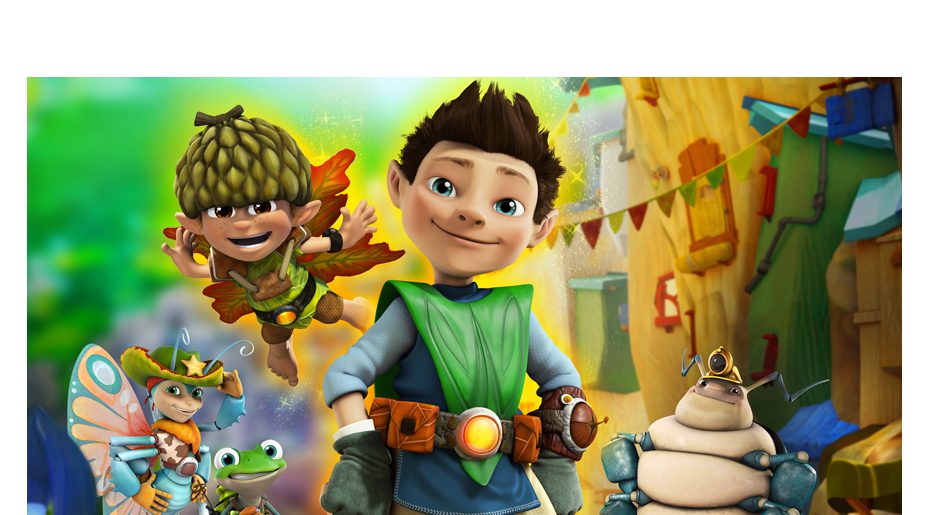As a creator, can distributors, broadcasters or project financers stifle your creativity? How much do they influence the project and is this now an expectation on your side?
One of the best pieces of advice I’ve been given about being a creator relates to this very issue. I was told that with any idea I develop, I must quickly determine what the defining elements of the concept are – those that make the show/brand/product unique; the features that if changed or removed would destroy the idea or make it into something different. I had to do this because, when developing and realising the idea, they said (and they were absolutely right), that at some point, almost every element of the idea would be questioned. So, I must determine these key elements and never change them. However, I should be willing to listen and prepared to change or compromise on pretty much anything else (the non-essential elements, at least).
This advice has served me well.
Basically, to make a great show, you don’t have to make all of the requested changes. Just the right changes. Easy, right? Well, not exactly.
I think it’s a given that if you take/borrow/use someone’s money, then you must accept that they’ll have a say in the development of the IP they’ve invested in. I also think that input from and collaboration with others who have a more objective view of the material really does help make ideas better. For example, my show, Tree Fu Tom (top photo), wouldn’t have been anywhere near as good if it wasn’t for the brilliant people and partners across the production who questioned my choices and made me think more deeply about the project. They all massively, creatively added to every aspect of the brand at every stage.
Good notes – i.e. those that are clear and reasoned (and perhaps even have suggested solutions) – challenge, test and enhance every aspect of a concept like heating and cooling that tempers steel. However, not all notes and inputs are equal.
Three key pillars must be in place to give the best chance of success:
– Communication
– Hierarchy (in particular: who has the final editorial say and/or a plan for how a deadlock is resolved)
– and, possibly most important of all: TIMING.
Beyond the quality and clarity of the notes, lose any of these three and you’ll likely get into trouble!
So, if you can maintain the three pillars, make sure that everyone involved is (and feels) heard and protect the core elements of your IP, then everyone’s input can be made valuable and additive to the best possible end result.
Daniel Bays is one of our pre-MIPCOM MIPBlog Ambassadors, who are coordinated by consultant Debbie Macdonald. Check out all of their posts to date here!
Tree Fu Tom photo © CBeebies & Fremantle Media Kids and Family




